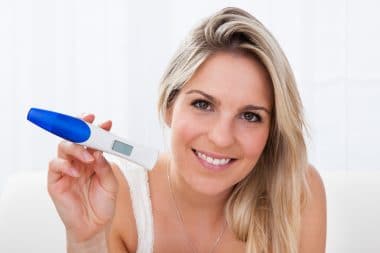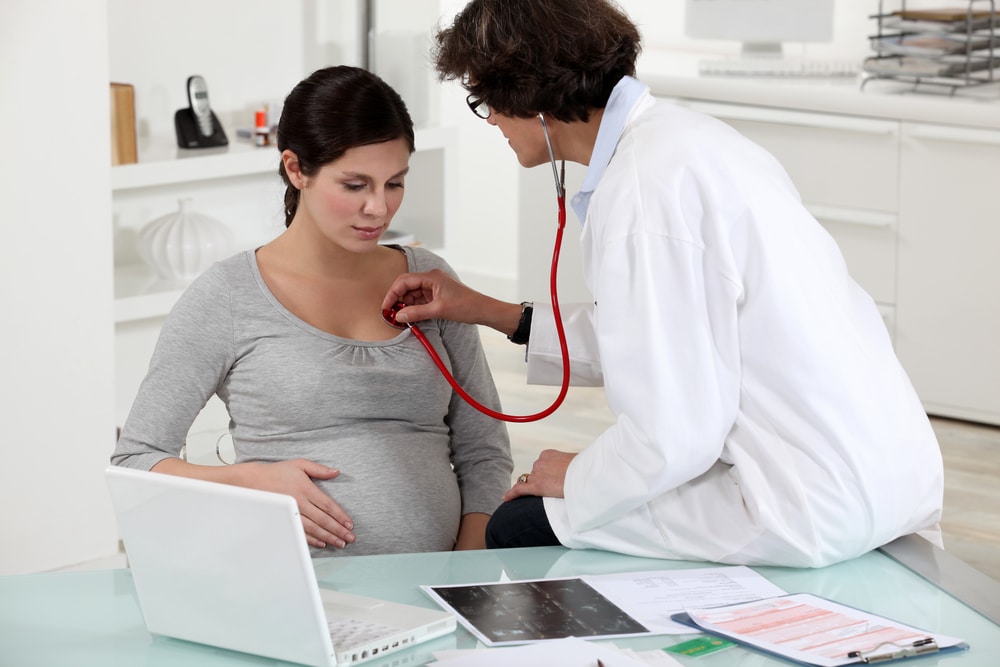We’ve all looked at ourselves in the mirror at some point and mentally pinpointed the areas of our bodies that have changed since having our kids. It becomes difficult to swallow at times and can make us feel ‘less than satisfactory’, even though we know the beautiful reason for the existence of these changes. Whether it’s stretch marks, a flabby stomach, sagging boobs, extra weight, or changes ‘down there’, we can’t help but feel judgmental or unhappy about them and wish that we looked a bit different, well… the way we did before childbirth.
What does science say?
Science suggests that you’re not alone. It has been found that women suffer from body image woes throughout pregnancy and well after childbirth. The biggest concern that women face is the challenge of not having lost the weight gained during pregnancy, particularly at the six-month mark. These physical changes have also been linked to psychological well-being indices of depression, anxiety, and self-esteem issues, which comes as no surprise since we’re constantly exposed to celebrities flaunting their flawless post-baby bodies online.
This ‘physical appearance comparison’, as it’s termed, consciously kicks those judgmental feelings up a notch whether we would like to admit it or not. This fear of ‘letting ourselves go’ and escaping the ‘rules’ of feminine beauty should be laid to rest. Let’s try to re-evaluate this notion, and begin within ourselves.
Can we talk about ‘down there’?
If you’ve given birth naturally, you may have noticed some changes in your intimate regions that may make you feel uncomfortable, and it’s probably something you’re not too excited to talk about. Once again, you’re not alone in feeling this way. Common complaints after childbirth range from vaginal laxity and decreased tone in the vaginal wall resulting in lowered sexual satisfaction, to elongated and/or hyperpigmented labia which become uncomfortable and unsightly in tight-fitting pants.
Fear not, friends! The era of vaginal surgery is here and in full swing. The treatments on offer can address numerous areas of concern and are also minimally invasive. Many of the procedures boast very little downtime post-operatively, so you’ll be back at it in no time!
Vaginal surgery, a.k.a labiaplasty is the most common treatment procedure and addresses the issue of elongated or asymmetrical labia. It functions to essentially ‘trim’ the labia, thereby improving the look and feel of the vaginal area to get that sought-after ‘Barbie look’. Women that have undergone the procedure not only report an increase in satisfaction with their labial appearance and function after surgery, but also experience improvements in their sexual satisfaction and psychological well-being.
If it’s something else you’re after, complementary procedures to labiaplasty are also available, such as growth factor injections to the labia, O-shot (amplification of G-spot via your body’s own platelet-rich fibrin matrix injection), and fat transfer to labia majora, vulva and/or vagina.
Remember, if you’re experiencing discomfort or pain, consult your GP for advice to help you with making the decision that’s right for you.
Can we find acceptance for the things we cannot change?
Reclaiming our pre-baby body is almost impossible! With life being as busy and stressful as it is, combined with a tiny human (or two) that need you around the clock, add in a bit of exhaustion to the mix, and you have a recipe for, well, nothing. Who has the time to fit in a rigorous exercise/dieting/meal prep schedule? Don’t be so hard on yourself. The time will come when your kids are more independent, which will then allow you the time to work on yourself if it still concerns you down the line.
It’s also important to remember that changes in your body will occur over time anyway, whether you’ve carried a baby or not. Your metabolism specifically slows down by a percentage or two every year that you age. With that in mind, try to get rid of the notion that your worth should be tied up with your weight, your body doesn’t define who you are as a person. Acceptance doesn’t mean that you ‘give up’, but rather acts as a starting point for you to begin to evaluate the things you would like to change, such as introducing healthier eating habits, slowly increasing your activity, or introducing something as simple as reducing your portion sizes. It’s a place to start.
Anyone who has become a new mother knows that this is a life redefining transition. It’s so easy for us to forget that the physical manifestation after childbirth are imprints that our children leave with us, as well as serving as a reminder of our pregnancy journey. So, although these changes may be difficult to look at, at times, remember that you nurtured and birthed another human being! Well done, mama!
Author’s Bio: Dr. Gina Leisching is a medical scientist with a PhD in Physiology. Her interests encompass human health in general, specifically pathophysiological and disease conditions. Her expertise focuses on cervical cancer, infectious diseases and immunology and the molecular mechanisms underpinning these processes. Her current goal and passion is elucidating the mechanism by which tuberculosis disease persists in humans and finding therapies that have minimal effects on the patient. She is also a wife, and mother to two beautiful children that she’s very proud of. Currently, Dr. Leisching is a part of the communication team at Labiaplasty NYC Gynecology Clinic.








Reply